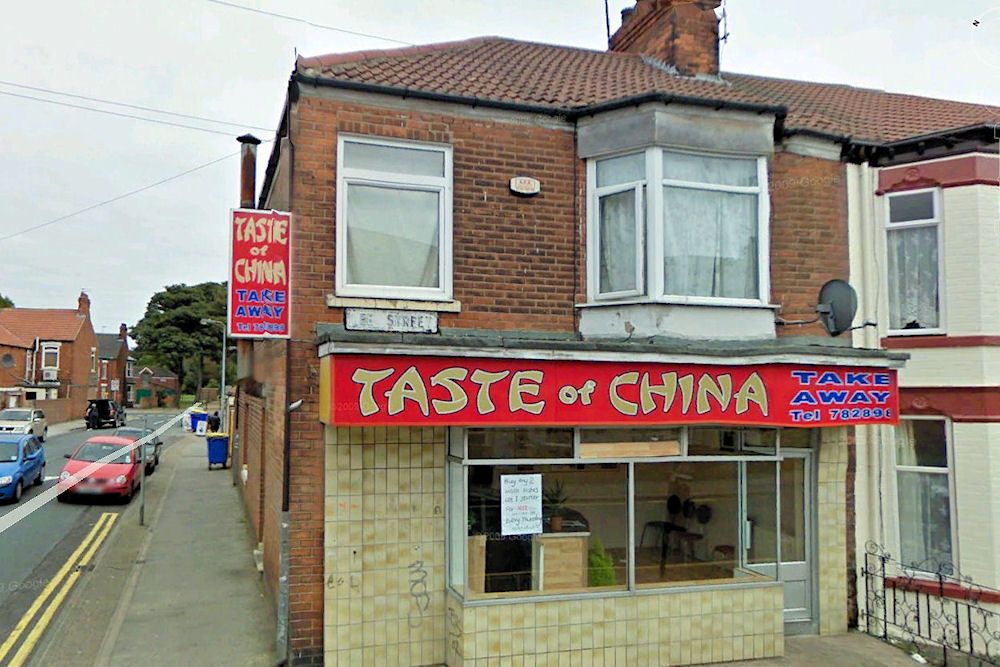I don' watch TV. I've build myself a small home theater and we (me and my wife) watch a movie every night. All kinds of movies but mostly thrillers, comedy, crime, comedys and historical ones. After seeing some historical movies about Queen Elizabeth we said to ourselves, why not view those historical movies in a chronological order? But that would give an enourmos amount of movies to view so we decided on Britain. Britains at home and abroad. Why Britain? Because it is an amazing country with a rich history in all domains. They gave us the most important language in the world. Without that language we could not commincate here. They also gave us first class legends like King Arthur, Tristan and Isolde, Robin Hood and Ivanhoe. Top notch writers. Who doesn't know Shakespeare? They gave us the immortal Jack the Ripper and Sherlock Holmes. The Beatles, Rolling Stones and David Bowie. Best in class vocalists like Alma Cogan (one of my favorites)and Kate Bush. Battles that caught the imagination of many people like the Battle of Agincourt, Balaklava, Rorke’s Drift and the heroic stand in Arnhem.
Why movies and not documentaries? I know that movies are les historical than documentaries but they do give us a way to imagine how life was in those days. Surely modern movies pay a lot of attention to detail like clothing, weapons and even tactics. After we viewed the movie we search the internet to look what really happend and that's the way how we learn something more. What I didn't know was that the history of Britain is very complex (to me).
My list comes mostly from two sources:
List of historical drama films
Coollector Movie database
Here are the movies we already viewed (in brackets the year of release and the time period, more or less)
Centurion (2010) (117)
The Eagle (2011) (140)
St. Patrick: The Irish Legend (2000) (387 - 493)
King Arthur (2004) (400 - 500)
The Last Legion (2007) (476 - 490)
The Mists of Avalon (2001) (500 - 600)
Lovespell (1981) (600)
Tristan + Isolde (2006) (600)
The Vikings (1958) (860)
Alfred the Great (1969) (870 - 899)
Lady Godiva of Coventry (1955) (1042 - 1086)
Macbeth (1971) (1050's)
I will add new movies once we viewed them (once a week).
If you know of a movie that should be in my list, please let me know.
Why movies and not documentaries? I know that movies are les historical than documentaries but they do give us a way to imagine how life was in those days. Surely modern movies pay a lot of attention to detail like clothing, weapons and even tactics. After we viewed the movie we search the internet to look what really happend and that's the way how we learn something more. What I didn't know was that the history of Britain is very complex (to me).
My list comes mostly from two sources:
List of historical drama films
Coollector Movie database
Here are the movies we already viewed (in brackets the year of release and the time period, more or less)
Centurion (2010) (117)
The Eagle (2011) (140)
St. Patrick: The Irish Legend (2000) (387 - 493)
King Arthur (2004) (400 - 500)
The Last Legion (2007) (476 - 490)
The Mists of Avalon (2001) (500 - 600)
Lovespell (1981) (600)
Tristan + Isolde (2006) (600)
The Vikings (1958) (860)
Alfred the Great (1969) (870 - 899)
Lady Godiva of Coventry (1955) (1042 - 1086)
Macbeth (1971) (1050's)
I will add new movies once we viewed them (once a week).
If you know of a movie that should be in my list, please let me know.
Last edited:

